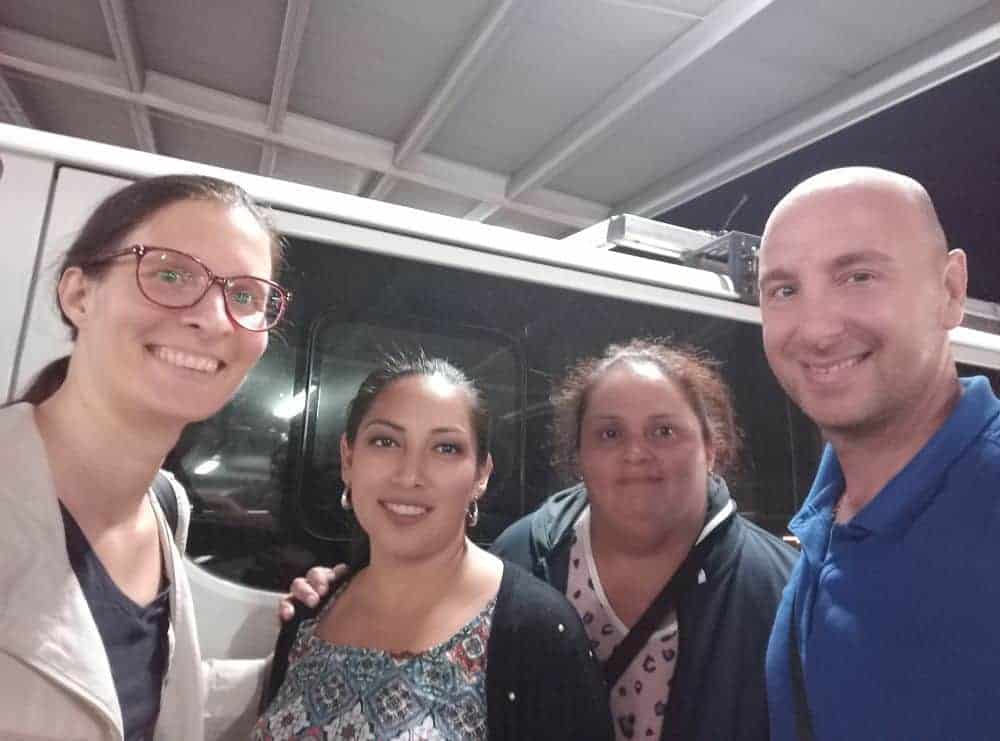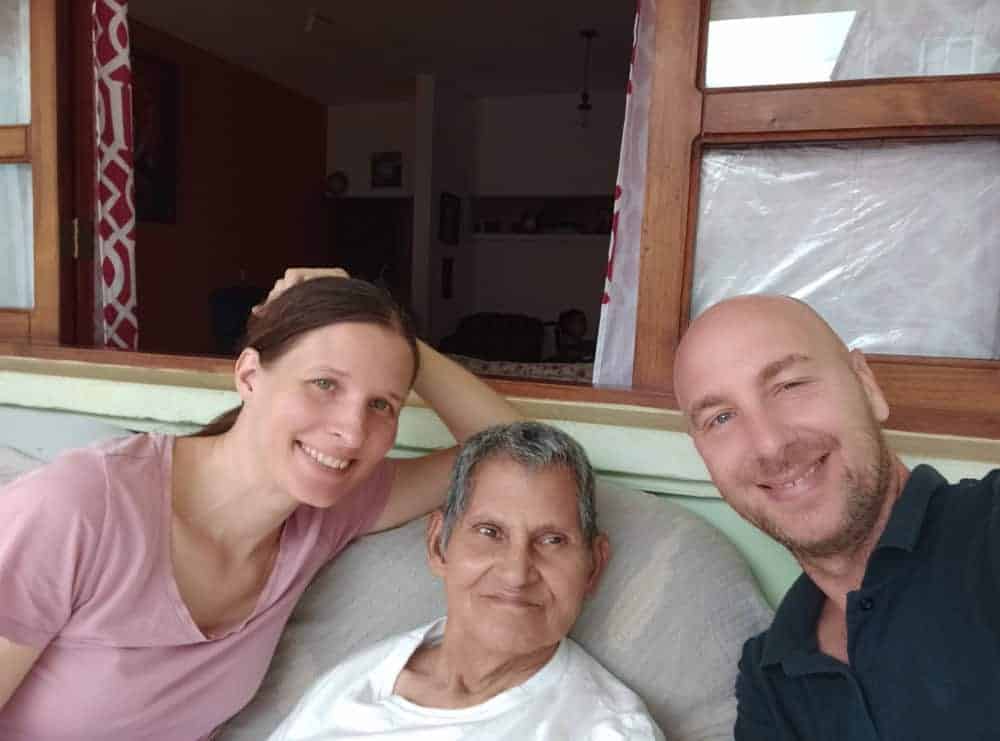A Journey of Contrasts: From Peru to Honduras
Though Peru and Honduras are just 3,000 kilometers apart, the journey took us nearly 24 hours by plane. With no direct flights from Tarapoto, we flew to Lima, Peru’s capital. Our flight to Tegucigalpa, Honduras, left so early the next day that we decided to spend the night in Lima.
We took off for Bogotá, Colombia, early the next morning. A long layover awaited us, as our flight to Honduras wasn’t scheduled until nine that evening.
A Glimpse of Humanity at the Airport
Waiting at airports doesn’t have to be a chore. There are bars, comfortable seats, and the endless fascination of watching people converge from all corners of the world. I’m particularly drawn to large international hubs, with flights departing for Europe, Asia, and the Americas.
The diversity is striking: Europeans bound for Frankfurt, Asians for Tokyo, Africans heading home, and travelers from all over the Americas. I can’t help but wonder about the lives they lead. There’s a certain charm in airports.
The sight of Europeans returning to Frankfurt stirs a bit of homesickness. Silva and I have been away for six months, with many more to come. Though we miss our familiar landscapes, our desire to explore new cultures and offer aid keeps us moving forward.
A Warm Welcome in Honduras
Three members of the Ark community greeted us at the Tegucigalpa airport, holding a sign reading ‘Nace in Siva Volčič’. Among them were Gustavo, the community administrator with 14 years of service, Ania, an assistant in the ‘Isabel’ house where we’ll stay, and Karina, who manages the house.

Our flight was delayed by an hour, and border formalities took longer than expected, so we didn’t leave the airport until two in the morning. Palmerola Airport is an hour’s drive from the community. We rode in the Ark van along a surprisingly well-maintained highway – a rarity in Honduras, we were told.
An Unexpected Encounter with the Police
Two policemen stopped our van halfway through the journey. Gustavo, our driver, hadn’t brought his vehicle inspection papers and wasn’t wearing a seatbelt.
The policeman listed the infractions and calculated a hefty fine, far exceeding the average Honduran’s monthly salary (€400). However, Gustavo knew how to handle such situations.
After a brief private discussion, he returned to the van and explained the ‘arrangement’:
Policeman: “That’s how we will do. The official fine would be 16,000 Lempiras (€600), but you help me, and I help you. You pay me 600 Lempiras (€25), and you can go.”
This exemplifies the system in Honduras and, sadly, in much of South America. Officers use inflated fines to extract bribes.
Poverty and Resilience
Honduras ranks among the poorest countries in Central and South America. This small nation of ten million has 60% of its population living in poverty and 30% in extreme poverty – lacking basic necessities.
Women, children, and indigenous groups are particularly vulnerable, burdened by both hardship and historical discrimination. Sadly, Honduras is also the fifth most corrupt country worldwide.
Yet, Honduras boasts a rich heritage. It was the land of the ancient Mayans, who built the renowned city of Copán.
Today, its ruins stand as a testament to their greatness and draw visitors from around the world. The country’s culture blends Mayan, Spanish, Lenca (indigenous), and African influences, the latter due to Africans brought here as slaves by the Spanish.
We arrived at the community exhausted, nearly four in the morning. After a long sleep, we woke to a lively, joyful house – a typical Honduran family atmosphere with music, dancing, delicious food, and laughter… alongside the everyday challenges of limited resources.



